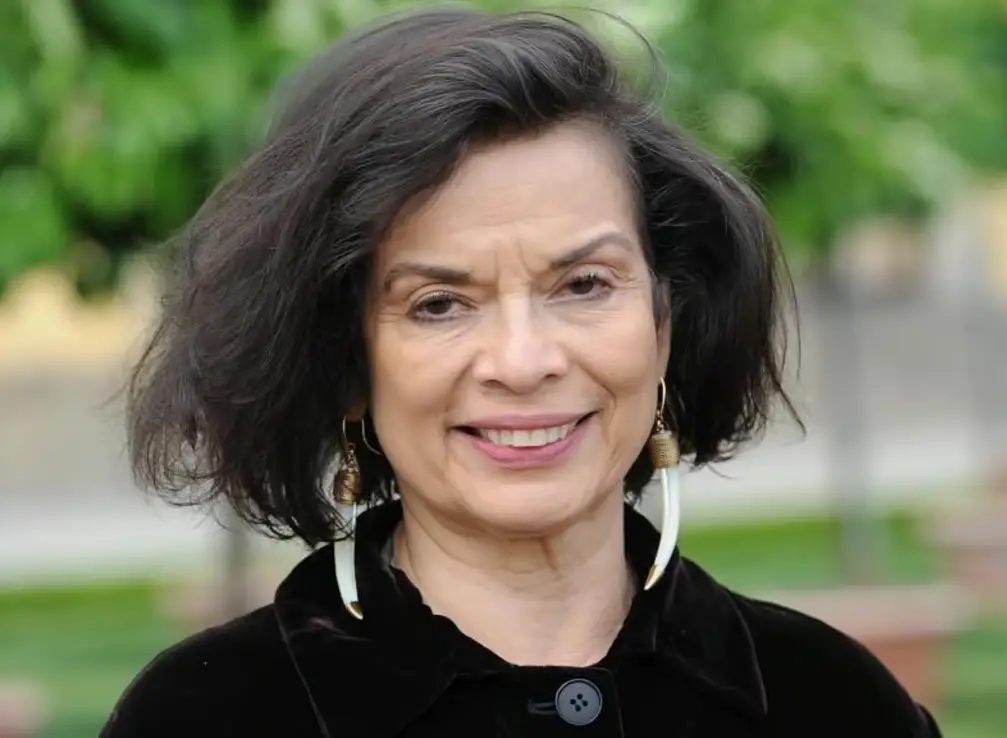Bianca Jagger, born Bianca Pérez-Mora Macías on May 2, 1945, in Managua, Nicaragua, is a prominent social and human rights activist with a past as a celebrated actress. Over the years, she has become a symbol of resilience, courage, and dedication to the causes of social justice, environmental protection, and human rights. Her life story is one of transformation, from the glamorous wife of a rock star to a dedicated advocate for the oppressed.
Early Life and Education

Bianca Jagger was born into a modest family in Managua, Nicaragua. Her father, Carlos Perez-Mora, was an export-import merchant, and her mother, Dora Macias Somarriba, was a homemaker. Bianca grew up with two siblings in a society that was conservative and often unforgiving towards women, especially those who were divorced or independent. When Bianca was just 10 years old, her parents divorced, leaving her mother to raise the children on a low income. This experience had a profound impact on Bianca, shaping her views on gender equality and social justice.
Despite the challenges, Bianca excelled academically. She was determined to study abroad, and her ambition led her to discover a scholarship program offered by the French government for students from developing countries. With the support of her uncle, the Nicaraguan ambassador to France, she enrolled at the Paris Institute of Political Studies. It was during her time in Paris that Bianca became politically conscious, studying various global political movements and drawing inspiration from figures like Mahatma Gandhi. Her travels to India further deepened her understanding of non-violence and social activism.
Acting Career
Bianca’s entry into the world of entertainment began in the early 1970s. In 1972, she made her debut in a documentary titled Cock*** Blues, which chronicled the North American tour of The Rolling Stones, a band fronted by her then-husband, Mick Jagger. Although the documentary was controversial and faced legal issues, it marked Bianca’s first appearance in the public eye.
In 1975, Bianca auditioned for a role in the British film Trick or Treat, where she was cast as a lead character playing a lesbian. Unfortunately, the film was never released. Nevertheless, she continued to pursue acting and eventually made her full-fledged debut in the 1978 film Flesh Color, starring Dennis Hopper. The same year, she appeared in the mockumentary The Rutles: All You Need is Cash, where she played the supporting role of Martini McQuickly.
Bianca also appeared in The American Success Company in 1980, a film that received critical acclaim and performed moderately well at the box office. Despite these roles, by the early 1980s, Bianca had lost interest in acting. The allure of Hollywood was not enough to keep her away from her true calling—activism.
Transition to Activism
Bianca’s journey as an activist began in earnest in 1972, when Nicaragua was devastated by a massive earthquake. More than 10,000 people were killed, and the government’s corrupt handling of the disaster relief efforts left Bianca distraught. This event served as a catalyst for her to focus on human and social rights issues.
In 1981, Bianca volunteered for a US mission in Honduras to help rescue 40 refugees kidnapped by terrorists from El Salvador. Her bravery and determination were instrumental in securing their release, marking her first significant success as an activist. In the 1990s, Bianca’s activism took her to Bosnia, where she worked tirelessly to evacuate 22 children from the war-torn region. Her efforts also brought an 8-year-old boy to the US for life-saving heart surgery, and she cared for him for a year.
Bianca’s activism extended beyond conflict zones. She became an outspoken advocate for indigenous rights, environmental conservation, and the abolition of the death penalty. In 1996, her campaign against the death penalty in the US earned her the “Abolitionist of the Year” award and the “Champion of Justice Award.” Her efforts in this area were recognized by the Council of Europe, which appointed her as a Goodwill Ambassador.
In the mid-2000s, Bianca joined the fight against deforestation in the Ecuadorian Amazon, raising awareness about the environmental damage caused by oil spills. Her work earned her the prestigious “World Achievement Award” in 2004, presented by former Russian President Mikhail Gorbachev.
Current Endeavors and Associations
Today, Bianca Jagger continues her activism through various platforms. She is a member of the Advisory Committee of Human Rights Watch-America and serves on the Advisory Board of the Coalition for International Justice. From 2007 to 2009, she was the chairperson of The World Future Council. Additionally, Bianca is a prolific writer, contributing articles to major publications like The New York Times, The Washington Post, The Miami Herald, and The Guardian.
Family and Personal Life
Bianca Jagger’s personal life has often been in the spotlight, particularly during her marriage to Mick Jagger. The couple met in 1970 at a party after a concert and began dating shortly after. In May 1971, they married in France, and Bianca gave birth to their daughter, Jade, in October of the same year. However, their marriage was tumultuous, and they divorced in May 1978, with Bianca citing Mick’s infidelity as the primary reason.
Beyond her marriage to Mick Jagger, Bianca has maintained close friendships with influential figures like artist Andy Warhol. She holds both Nicaraguan and British passports, reflecting her deep connections to both her native and adopted countries.
Net Worth
As of now, Bianca Jagger’s net worth is estimated to be around $10 million. Her wealth primarily stems from her earlier acting career, her marriage to Mick Jagger, and her ongoing work as a social and human rights activist. In addition to her activism, she has made money through brand endorsements, sponsored posts on social media, and modeling assignments.